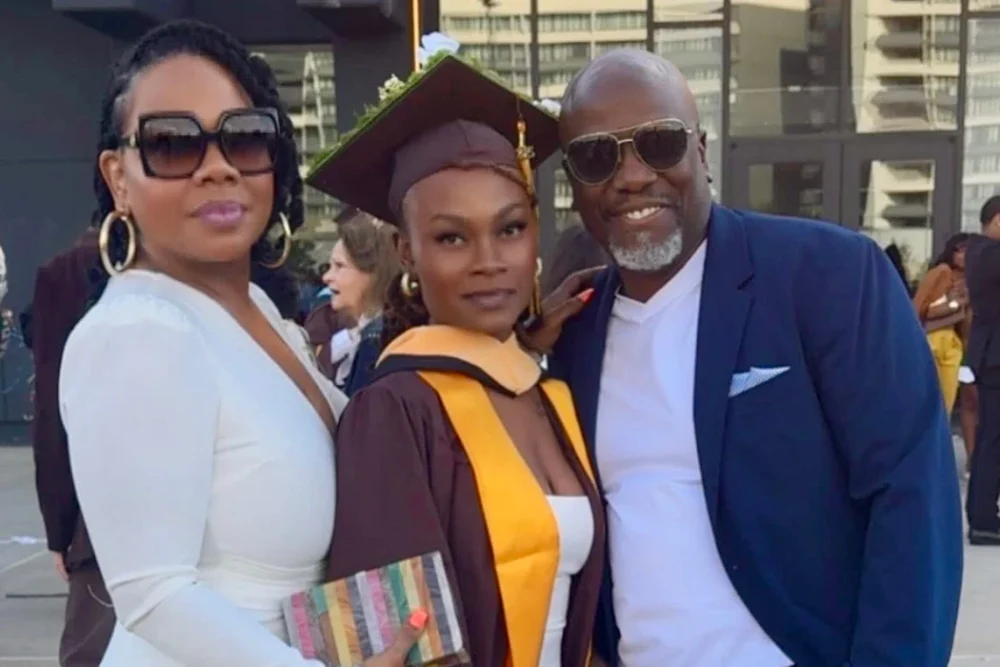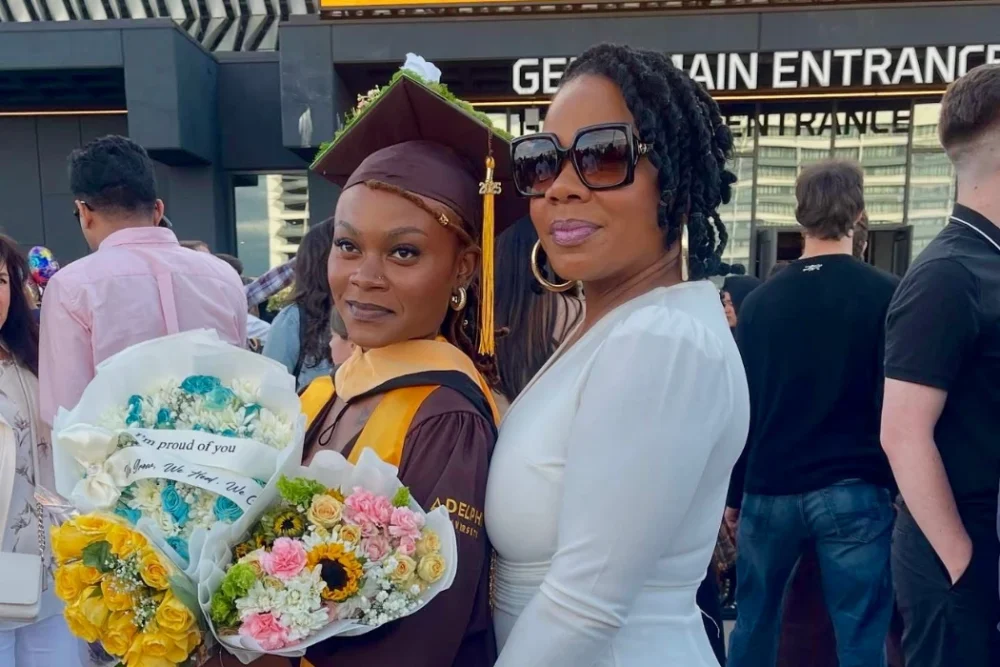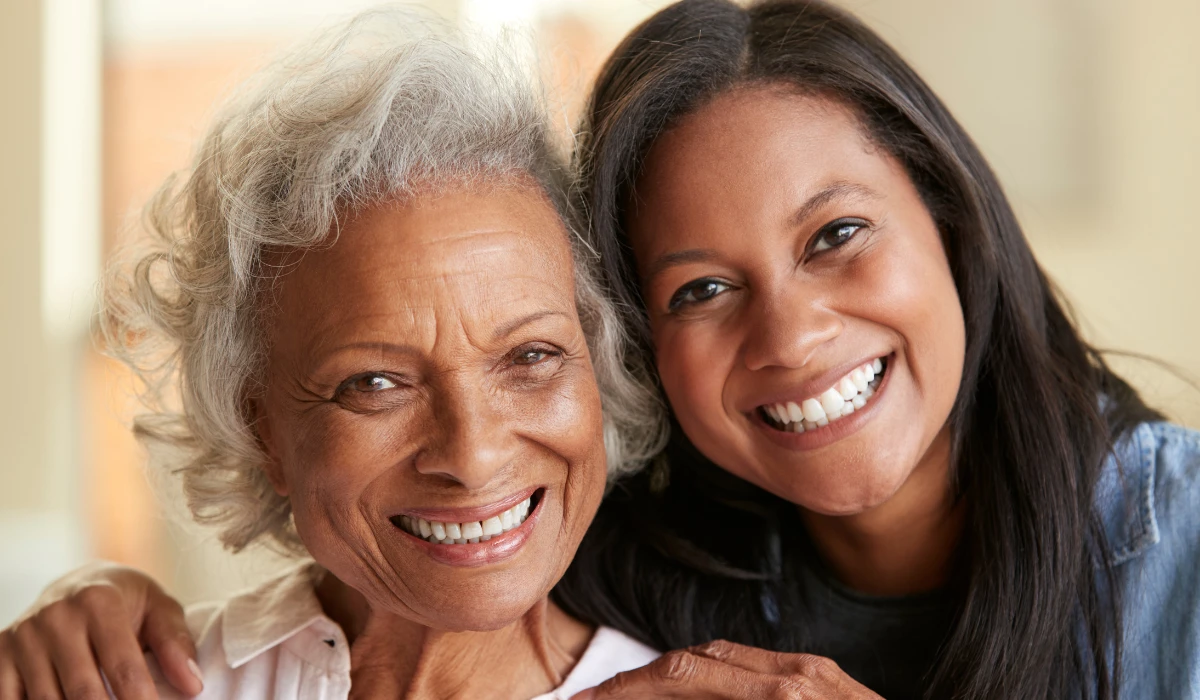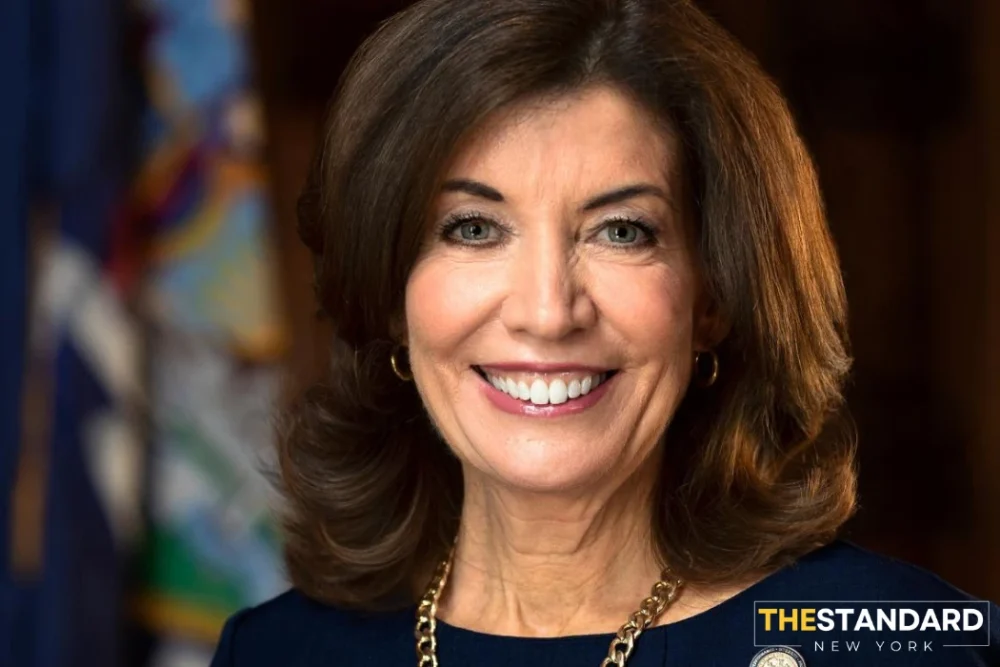She Mastered It isn’t just a story about a degree; it’s a story of struggle, growth, resilience, accountability, and love in a world that often doesn’t make space for women to be both mothers and scholars. One mother, reflecting on her daughter’s recent graduation with a Master’s degree and her new moniker as a licensed therapist, opens up about the often invisible journey that shaped them both.
“First and foremost, congratulations to my first born, my daughter, my love on completing her Master’s!” Rochelle Cochran-Grayson writes. “You did it. You MASTERED it.”
But behind that achievement is a deeper story. A story that began when this mother had her daughter at just 21 years old.
“I was still a baby myself,” she shares. “Young, selfish, and lost. I embraced this journey with so much fear.”
Being a young mother, especially a black mother, comes with a unique set of struggles, ones that often go unseen or misunderstood by a society quick to judge and stereotype. There’s the fear of failing, not being enough, and not knowing how to navigate life while raising another human being. There’s also the overwhelming weight of expectations, not having stability, wanting to be selfish and enjoy life, and in many cases, the lack of education and resources to lean on.
Add to that the layers of systemic challenges: the statistics that expect you to fail, the assumptions about your capabilities, the scarcity of representation in positions of power and education. Black motherhood, especially young Black motherhood, means carrying these additional burdens while trying to create pathways where there might be none.
“When you become a mother young, and you’re not fully educated or emotionally mature yet, the world feels heavier,” she says. “You make mistakes. You love hard, but you don’t always know how to lead. And for years, I thought the chaos in our lives was just her acting out. I didn’t realize I needed to look in the mirror.”
It wasn’t until she began her own Master’s journey that a shift happened.
“I started realizing, she’s a product of me. If I wanted to see her grow and evolve, I had to do the work too. Her behavior wasn’t just rebellion, it was a reflection of her needs, of what I hadn’t yet healed or understood. And so I took accountability.”
Parenting is the deepest mirror. For Black women, that mirror reflects personal growth and generational healing. It shows us parts of ourselves we’ve buried, denied, or never had the language to express. It forces us to witness our own traumas, behaviors, and patterns, many of which are tied to historical and cultural wounds passed down through generations.
Our children often become the catalysts for our healing journeys. They challenge us to break cycles, to confront uncomfortable truths, and to build new legacies.
“This young lady raised me,” she admits. “She taught me how to love deeper. She forced me to grow up. She showed me my blind spots. And in many ways, she saved me.”

One of the hardest lessons for any parent, especially a Black woman navigating life without a blueprint in a society that rarely affords Black women the luxury of mistakes, is giving yourself grace. The kind of grace that says, “You didn’t know better, but now you do. And now you’re doing the work.”
In a culture where “strong Black woman” syndrome demands perfection and self-sacrifice, admitting vulnerability and embracing growth becomes a radical act of self-love.
“It’s hard to look at yourself in the mirror and say, ‘This is you, it’s on you, you need to change,'” she writes. “But I did. And every tear, every grind, every lesson was worth it.”
From the sleepless nights to the school meetings, from the therapy sessions to the healing conversations, they did the work together. They evolved in real time, breaking generational patterns and creating new possibilities. And now, her daughter is not just thriving, but helping others heal, too.
“She’s officially a therapist,” she says, “but she’s been one all her life.”
No one makes it alone. In Black culture, where community has always been a lifeline, a shield, and a source of strength, the village isn’t just support; it’s tradition, legacy, and power.
“Shout out to [my partner], the AMAZING man that met her when she was 9 months old and helped me raise her as his own. I love and adore you. My respect for you is and will always be on 1000. We [are] forever locked in.”
She also acknowledges the village behind her, the friends, family, and community who uplifted her when she needed it most. In Black communities, these networks often become the backbone of success stories, filling gaps that systems fail to address. “I love and appreciate you all,” she says.
Parenting, especially when done young and without all the answers, is the most challenging job in the world. For Black mothers, that journey is handicapped by additional layers of societal pressure, limited resources, and historical trauma that needs healing.
But moments like this, watching your child succeed, watching them become everything you dreamed for them and more, remind you that it was all worth it. This mother and daughter didn’t just overcome odds; they transformed them into stepping stones.
“We heal. We grow. We conquer,” she writes. “I’m forever proud of you. I’m grateful the universe chose me to mother you, and chose you to teach me the lessons I didn’t even know I needed. I can’t wait to see what’s next.”
For Black women who have historically been denied educational opportunities and whose intellectual contributions have been marginalized, each degree is both a personal triumph and a communal celebration. Each Black woman who heals, learns, and evolves is expanding possibilities for future generations.
We hope this message empowers someone. It’s a testament to the transformative power of motherhood and how even in our uncertainty, we are shaping futures that turn around and shape us too, creating legacies of healing, education, and love that ripple outward for generations.
Got a powerful story we should know about? Whether it’s inspiring, uplifting, or just too important to ignore, send it our way. We’re always looking to spotlight real voices and real moments in our community. Email your tips and stories to [email protected]. Let’s tell it together. #SetTheStandard





